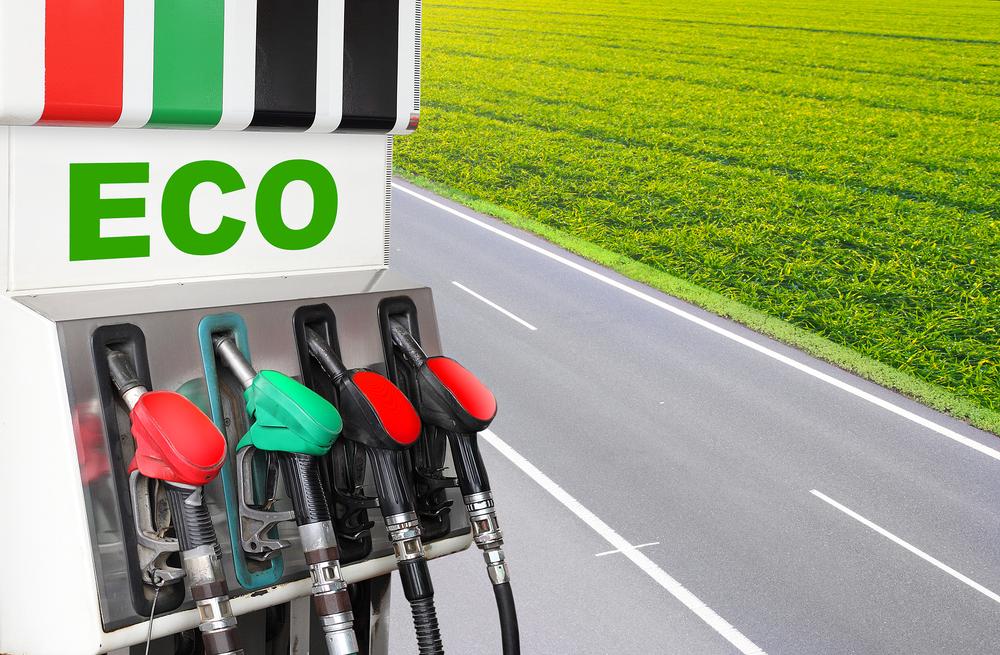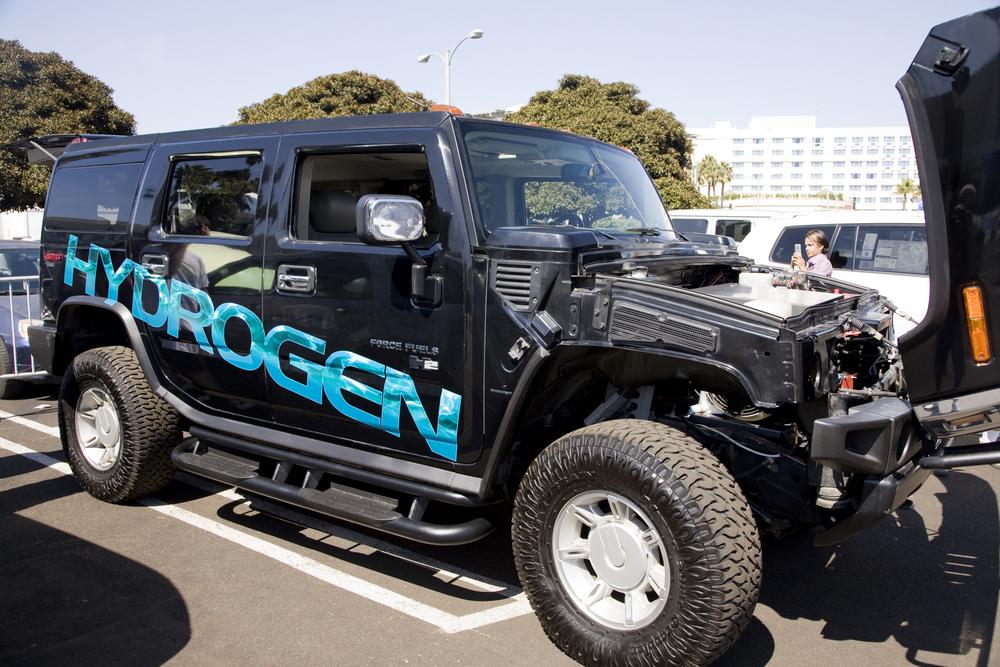Epoch Times is taking a look at each of the major options for going green on the road. Here’s a look at the pros and cons of biogas cars.
See Epoch Times articles on the electric car, hybrid car, hydrogen car, coffee car, and natural gas car.
Biogas is a completely natural fuel that is part of the natural cycle. It is produced from living organisms. Gaining popularity in Austria and Germany, and particularly Sweden, where there are more than 11,000 biogas vehicles on the roads.
Pros
- Fewer emissions mean it doesn’t pollute the atmosphere with as much harmful gas.
- It helps preserve stocks of non-renewal fossil fuels.
- Reduces the amount of waste consigned to landfill sites.
Cons
- It’s a relatively new process that requires more research.
- The process can be complex and expensive. Due to relatively low demand, biogas companies cannot yet offer prices that can compete with gasoline and diesel.
- Some impurities contained in the biogas are corrosive to metallic parts of engines, hence the complexity and cost of the fuel. These impurities need to be removed—and indeed are—but this purification process only adds to the costs.
Costs
Depending on the size of your car’s tank, a full tank of biogas currently has a range of between 30-50 miles. Biogas costs 25 to 50 percent less than gasoline and diesel fuel, according to BioCNG, a biogas company. Standard biogas cars cost slightly more than their gasoline-using equivalent. For example, a Volvo V70 Bi-Fuel costs approximately $48,000. The traditional Volvo V60 model is $35,300, and many gasoline-powered Volvos are in the $30,000 to $40,000 range.
Ethanol
Ethanol is another biofuel that the website www.fueleconomy.gov defines as “an alcohol-based fuel made by fermenting and distilling starch crops, such as corn. It can also be made from ‘cellulosic biomass’ such as trees and grasses.”
Pros
1. It is produced domestically, meaning lower gasoline consumption.
2. Lower emissions of harmful pollutants.
3. Cost of vehicle modification is minimal.
4. Performance levels similar to that of a gasoline-powered car
Cons
1. Cars cannot run on pure ethanol, meaning some kind of gasoline is still required.
2. Availability is limited.
3. Production costs are still expensive.
Costs
The price differs according to region, but ethanol is still a cheaper alternative to gasoline—and there are more ethanol filling stations than those for natural gas or biogas. A lower energy content means less mpg and it is still expensive to produce.
*Image of bio gas station via Shutterstock.




